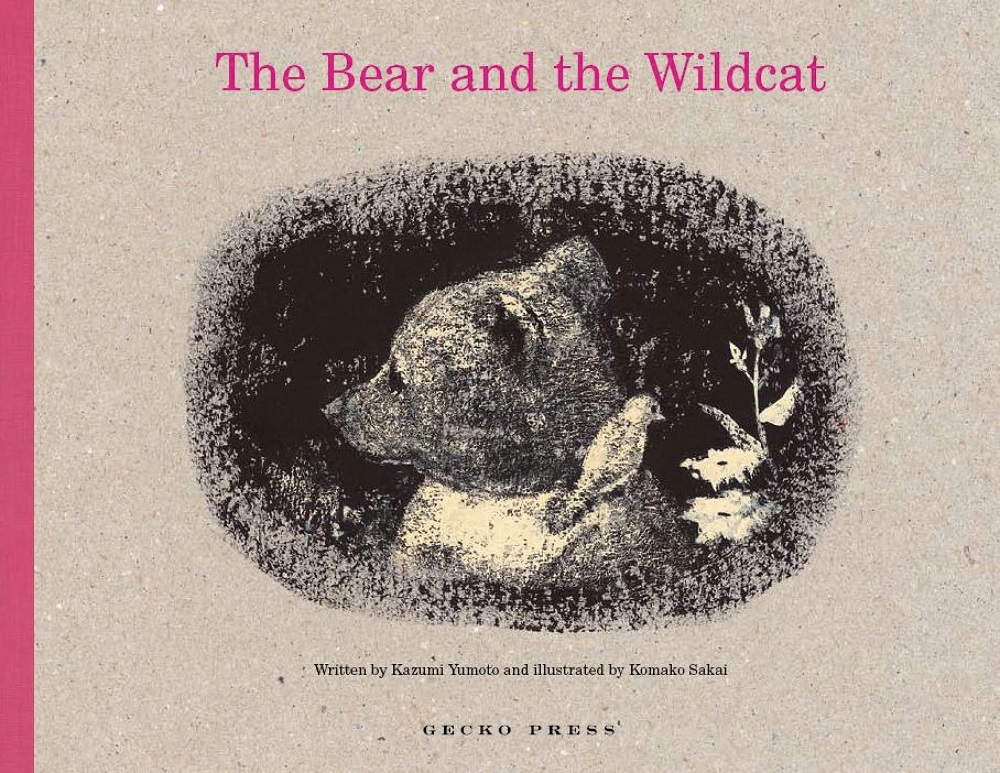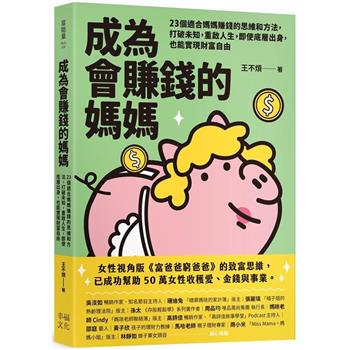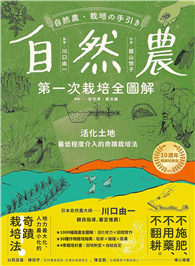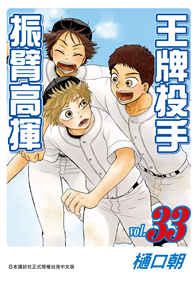A picture book with delicate illustrations that explains the path of grief, ending with the uplifting new beginning of a budding friendship based on understanding.
When the little bird dies, his friend the bear is inconsolable. Full of grief, he locks himself in his house and ventures out again only when the smell of young spring grass blows through his window. He always carries a small box, which he opens for no one.
He meets a wildcat who understands his need to carry the box. As the cat plays on her violin, the bear remembers all the beauty he experienced with the little bird. Now he can bury his friend, keeping him alive in his memories and feelings.
Explaining the topic of grief and loss in a way that speaks to any age and with a quiet understanding of what it is like to lose someone you love, The Bear and the Wildcat shows a way through paralyzing grief and simultaneously tells the story of a hopeful new friendship.
Tender and sensitive, this is an excellent tool for helping to explain the process of grief, loss and bereavement with children or anyone who needs it
Loved by adults and children, also suitable for schools, hospices, grief centers and counselors
Translated from the Japanese edition by Cathy Hirano.
Komako Sakai lives in Japan and studied art in Tokyo. She is one of the most popular children’s illustrators in Japan and winner of the Japanese Picture Book Prize, and her books are published throughout the world.
Kazumi Yumoto was born in Tokyo, Japan. Her books, mostly novels for older children, have won numerous international awards.
Praise for The Bear and the Wildcat:
Quietly contemplative, mingling hope and healing, this is a book that will offer comfort to many.--starred, Kirkus Reviews
This powerful story deals with one of life’s most complicated and painful aspects with delicacy and honesty. Intricately layered pencil illustration accompanies the tale to create a story that is very moving but also filled with hope."--BookTrust UK
If grieving people are allowed to grieve, then they will find their way back to the joy of life - that’s the message of this delicate Japanese book."--Die Zeit

 看圖書介紹
看圖書介紹










